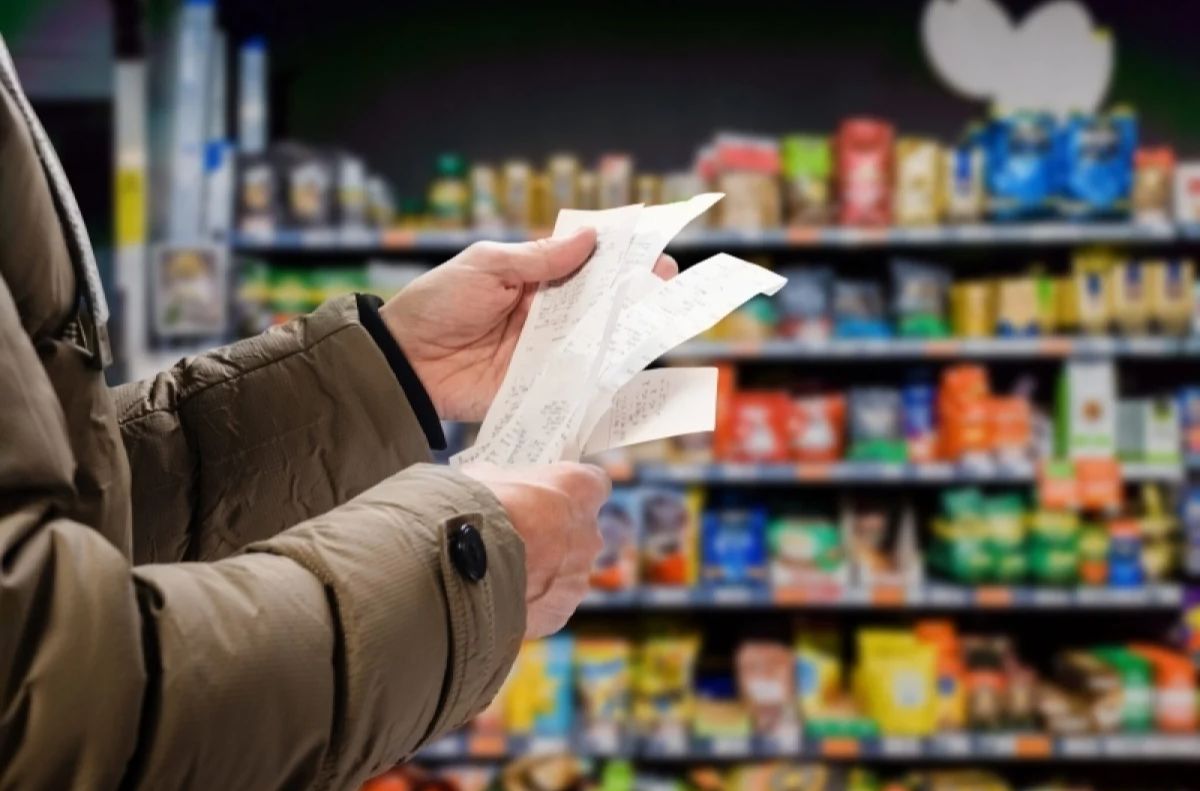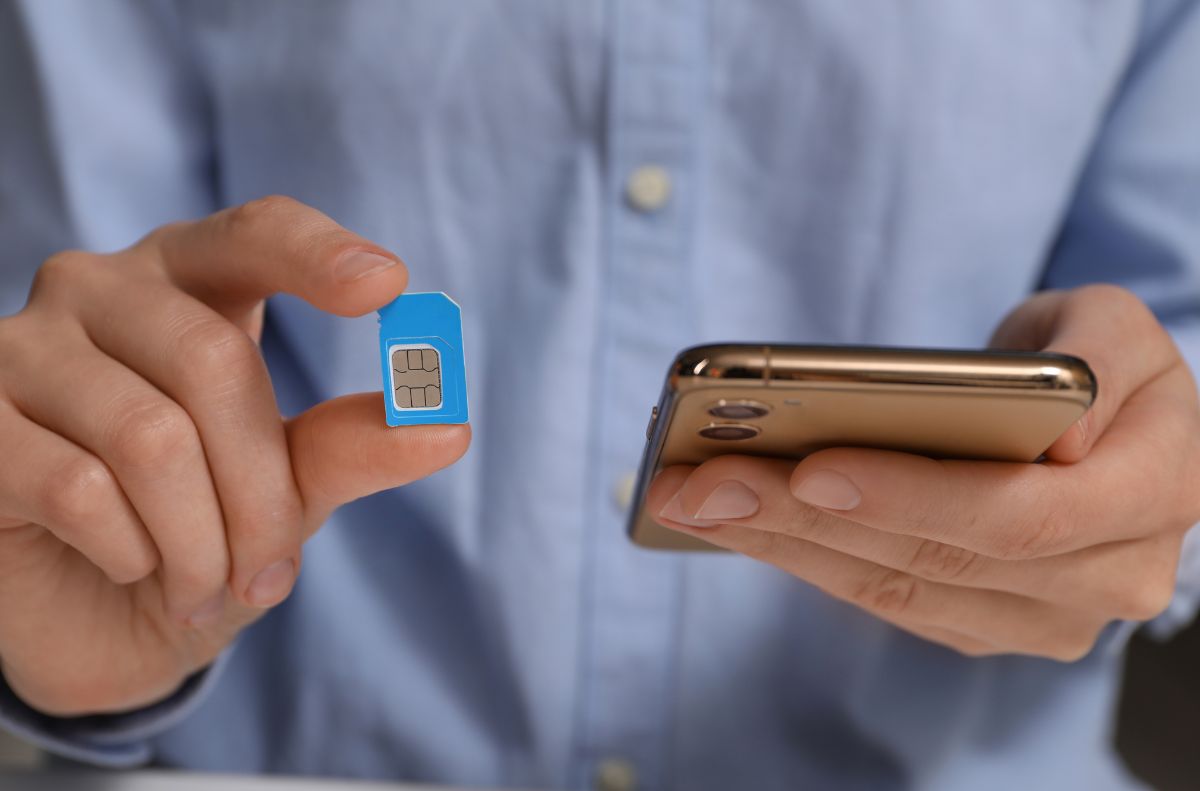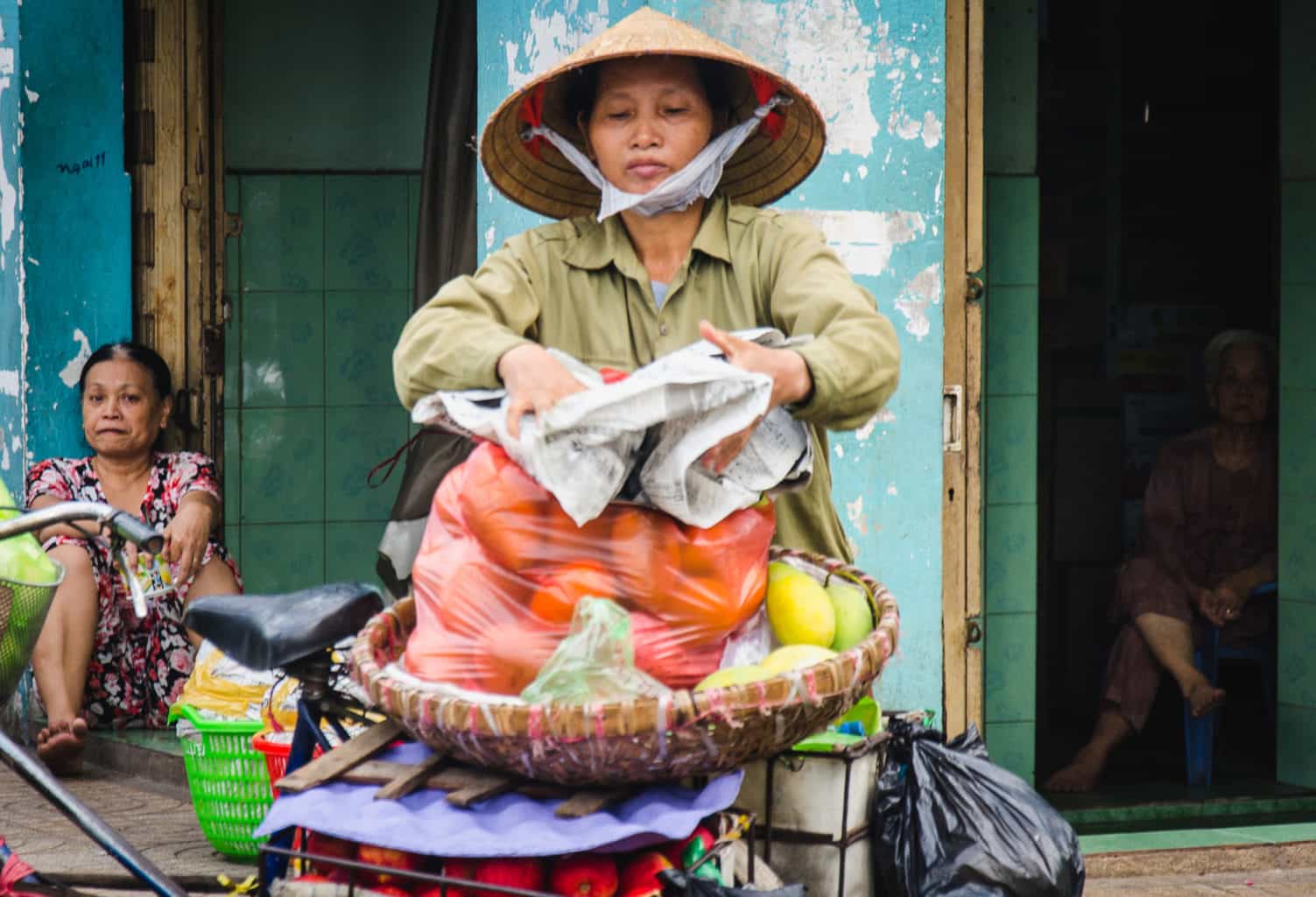In this article, Asiatica Travel will comprehensively introduce the cost of living in Vietnam per month and help you explore various aspects of living expenses in Vietnam per month, including accommodation, food, transportation, etc.
In this article, Asiatica Travel will comprehensively introduce the cost of living in Vietnam per month and help you explore various aspects of living expenses in Vietnam per month, including accommodation, food, transportation, etc.
1. Average living expenses in Vietnam

Vietnam has relatively low living expenses. The cost of living in Vietnam per month can vary depending on factors such as location, accommodation, and personal preferences. On average, basic expenses can range from 500 USD to 1,000 USD per month.
According to Numbeo, Vietnam ranks 88th globally in terms of living costs. If you aim for a frugal lifestyle, you can live on $500 a month, or even less if you are extremely economical.
Monthly expenses in a major city like Hanoi and Ho Chi Minh City are more expensive than in Da Nang or Nha Trang. If you choose slightly better accommodation, go out often, or reside in a larger city, living expenses in Vietnam per month can easily reach 1,000 USD or more.
2. Details of monthly living expenses in Vietnam
Monthly living expenses in Vietnam related to rent and utilities can vary significantly, ranging from 200 USD to over 1,000 USD per month. This cost is influenced by factors such as the type of accommodation, location, and scale.
For budget-conscious individuals, options like studio apartments, mini lofts, or shared apartments in small cities and towns can be found for around $150-200. However, in larger cities like Hanoi, the capital of Vietnam, or Ho Chi Minh City, prices can range from 250 to 350 dollars.
If you're looking for a slightly larger apartment in a more affluent neighborhood of Ho Chi Minh City, the cost can easily double or triple, ranging from 500 USD to 1,000 USD per month.
When renting an apartment, landlords typically require a deposit as a form of security. Monthly living expenses in Vietnam related to rental deposits can vary depending on factors such as location, type of accommodation, and the landlord themselves.
Typically, the deposit amount is equivalent to one, two, or even six months' rent. It's important to note that the deposit will be refunded at the end of the lease agreement, provided there is no damage or outstanding payments.
Be sure to factor in the rental deposit when budgeting for your accommodation in Vietnam, as this is a upfront cost to consider before securing your desired housing.
Monthly electricity costs in Vietnam are relatively affordable. Prices are typically calculated based on the number of kilowatt-hours (kWh) consumed. On average, the cost per kWh can range from $0.07 to $0.13. You should cultivate energy-saving habits to keep electricity costs reasonable.

SIM cards in Vietnam are incredibly convenient. For just $5, you can purchase a SIM card with 2GB of mobile data. If you're looking for a monthly data plan, you can get 28GB of mobile data for only $6.
Internet service is often included in the rent for apartments in Vietnam. The cost of internet service here is quite affordable. Most apartments and houses come with pre-installed internet access and are readily available when you move in.

One of the highlights of living in Vietnam is the local cuisine, which is incredibly cheap and delicious.
Cooking at home: Opting to cook meals yourself in Vietnam can be very affordable, costing only $1 to $2 per meal. Shopping at local markets is cheaper than supermarket chains.
Food delivery: When using food delivery apps, you typically incur a small delivery fee or slightly higher prices compared to dining in. The most popular food delivery apps in Vietnam are ShopeeFood, Baemin, Grab Food, and Go Food.
Eating out: You can spend from $1 to $2 for a street food dish. At budget restaurants or fast-food chains, the average cost for a meal ranges from $3 to $4.
If you choose more upscale restaurants, prices start at around $6 and can go up.

Transportation options in Vietnam provide many affordable choices, including buses, trains, taxis, and motorbikes, ensuring comfortable and efficient travel throughout the country.
Buying a motorbike: The average cost of a new motorbike can be around $1,000. Many motorbike repair shops also offer used bikes at more affordable prices.
Motorbike rental: Monthly rental costs can range from $40 (1,000,000 VND) and up, with deposit fees typically ranging from $40 to $200.
Gasoline for your motorbike or car: The average cost of gasoline for a motorbike is around $1 per liter, approximately $10 per month depending on driving habits and distance traveled.
Motorbike taxi (xe ôm): Prices start at around $0.5 and increase based on distance and demand at the time of booking.
Bicycles: You can buy a used bicycle for as little as $25. Or you can opt for a new bicycle, with prices ranging from $80 for a budget bike, up to $200 or more for a high-quality road bike.
Bus and train: Buses are one of the cheapest ways to get around. Local bus tickets cost only $0.25 for inner-city routes.
The price of alcohol in Vietnam can vary depending on the type and brand. Generally, local beer is quite affordable, ranging from $0.50 to $1.50 per bottle at restaurants or bars. Imported and craft beers may be slightly more expensive.
For liquor, local brands are usually cheaper, starting at $5 per bottle. Imported spirits, wine, and specialty liquors can be pricier, typically ranging from $15 to $30 or more. It's worth noting that prices may be higher in tourist areas and upscale venues.
Other expenses to consider in Vietnam include potential costs such as gym membership fees, holidays, haircuts, massages, etc.